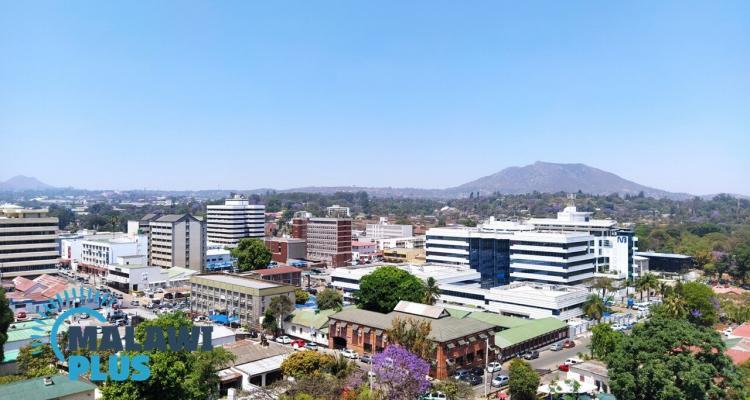
Societies, and by extension national states fail or succeed according to their development performance. They are rated developed, developing, or underdeveloped according to their effective delivery of the most crucial political goods. There is an index through which strong societies are distinguished from weak ones, and weak societies from failed or collapsed ones.
There is a hierarchy of political goods that qualify development. In our generation none is as critical as the supply of security, especially human security. It is a foundational factor. It lays the basis for the performance of other economic indicators including investment, both domestic and external. The prime focus of the political good of security is to eliminate domestic threats to or attacks upon the societal order and consequentially, socioeconomic structure.
Today’s micro and macro-economic factors of capital, labour, and productivity heavily depend on the reinforcement of human security. Which is why though to some, the factor of security might not be underscoring to societies development or decadence. In my opinion however, whatever impinge the society norm of security, is worth of focus as an ensuing measure.
A reflection on human security in a society and at large in a nation brings us to the alarming rise of attacks in our major cities. A threat imposed on us by the so called Mimbulu or Anamasikini. A community of daylight human scavengers, and night-time yobbo’s, hooligan, lapidators, and assaulter. They go by day as street kids, appealing to our pity in search for help, mostly cash. After sunset, they transform into a cluster of muggers, and we become prey to them. Fate groups them according to age range. The older the age, the fewer they become in a particular circle. Reflectively, the younger the age the more they circle together as a collective. The name Mimbulu is a reference given based on their cooperative attack strategy. When they invade you, in whatever way, you will truly know why are called Mimbulu.
By far, based on reports, feeds, and publications, these Mimbulu have this year disturbed the security of people more compared to past years. Blantyre seems to reflect a higher rating, and by degree, the worst cases. Based on the rate at which these cases are growing at, should we label our political good of human security poorly provided? Should we deem the society with such an alarming rate of attacks a failed society?
Every society is bound by ethics and developed by values. Sustainable development across countries that have left behind the trail of poverty is deeply hooked in their morals. What then has become of the values, ethics, and morals of our society that we seem to be harbouring such a generation young thugs? For what they have turned out to be, who is to blame? Our school system for failing to hold them in? Our village for lack of moral obligation? Our internal security policies?
We don’t need a prophecy to tell of the impending doom looming before us if this challenge goes unaddressed. Should we categorise this as a security issue. Or leave it to charity organisations as a social problem that requires charity provisions?
Time has proven over and again that the incentive to plundering people to attain resources is more rewarding to them than most of the services and interventions provided by our organisations. This entails that our social packages are poorly designed to chase them off the streets they are accustomed to. At this level, goodwill alone will not help us reinstate their dignity and consequentially the security in our streets.
It takes a village to raise a child. But how so in a society divided by class? And the Mimbulu is testimony of how much a village we need to be aside of social or economic differences. Our intervention must be more strategic. Our solutions need not to be more tactical. We need not to inject short-term solutions to this arising concern. We need a more structural approach.
The unguarded energy of this militia if not harnessed for the best, will bring about overarching consequences. Therefore, our social institutions need to design incentivized social framework that can harvest the best of this energy. Let’s work at it as if the image of this nation depends on it, if not the overlying consequence in the long run might be more catastrophic both to the development of this nation, more so to the confidence of those interested to work within its premises.
Thoko J Mthiko.













